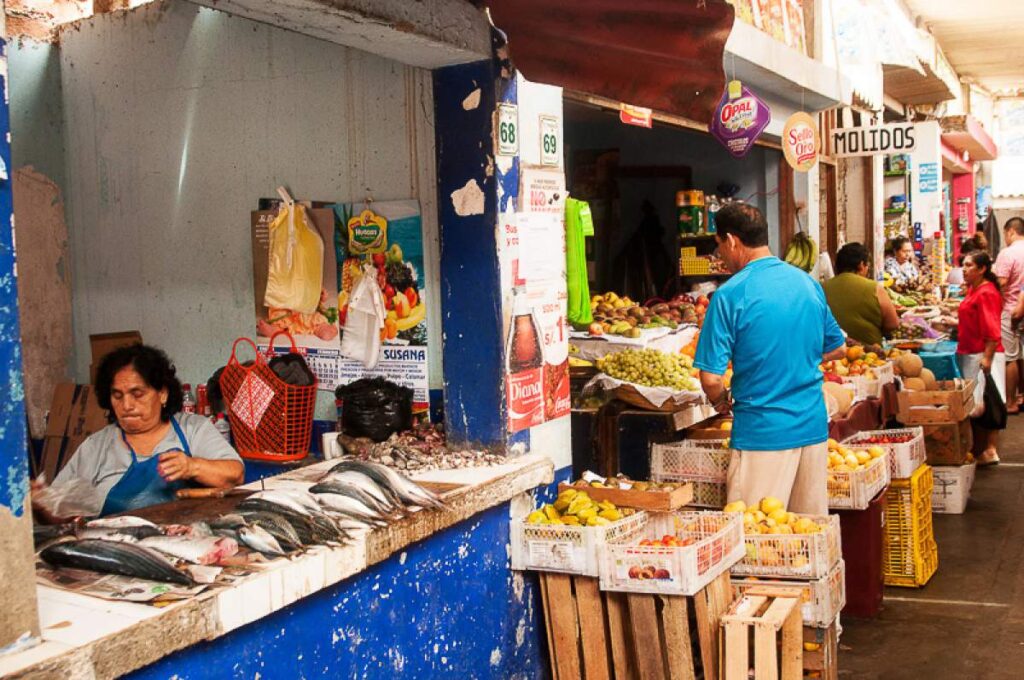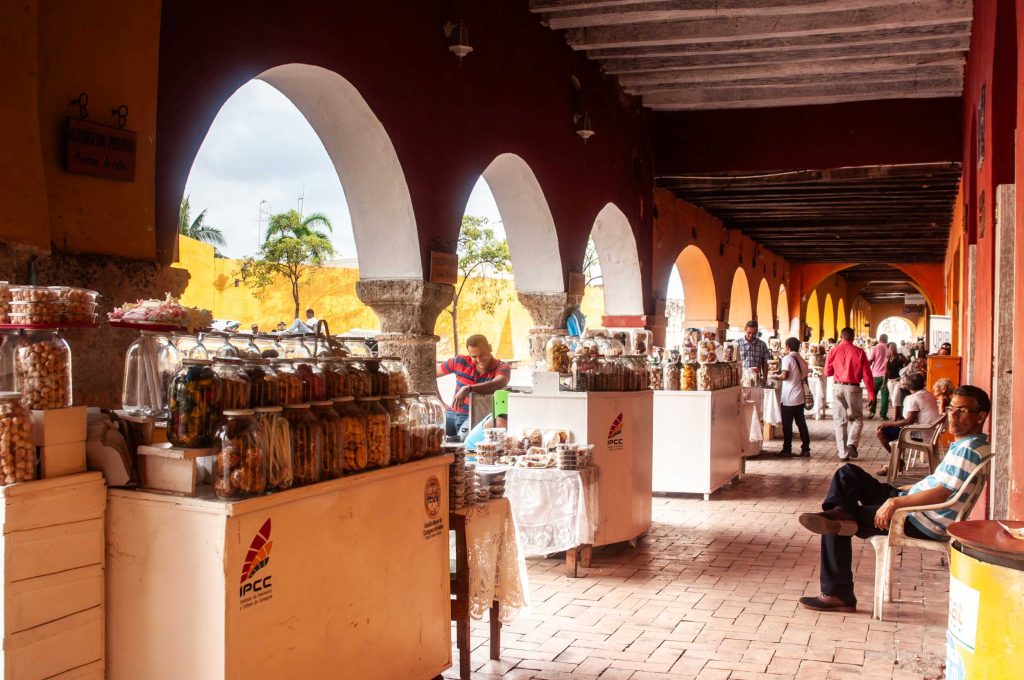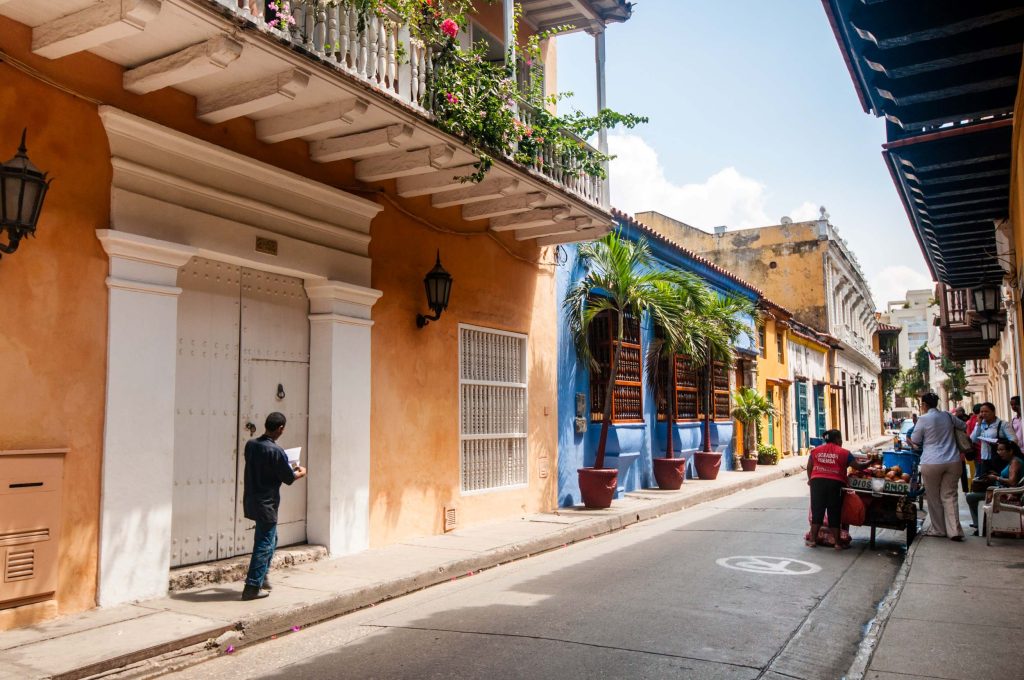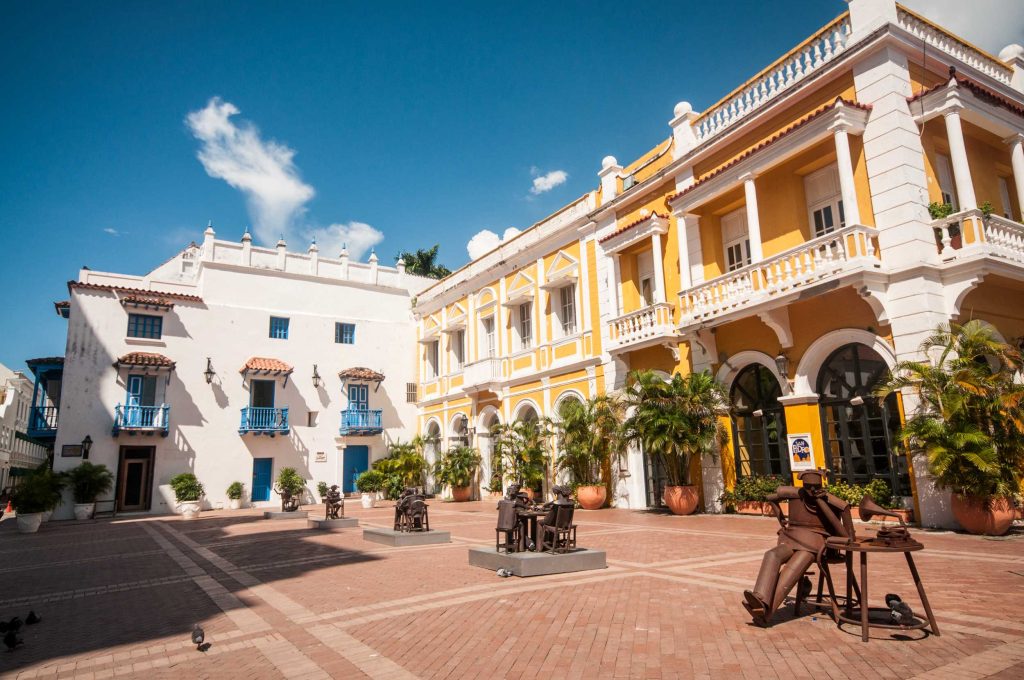Sustainable tourism may have been marginalised, but it’s now front and centre for fellow travellers worldwide. Many want to minimise their carbon footprint while supporting local communities, and are increasingly concerned about the environmental and social impact of their travels. The tourism industry, in turn, is developing numerous initiatives along these lines. However, while this growing trend is a necessary one, it needs to be managed in order to avoid the many pitfalls. Here are our practical tips on how to plan your trip in a responsible way, according to the three pillars of sustainable tourism: Planet, People and Practices.
Prioritize public transport
Of all the modes of transport available at your destination, which should you choose? Public transport, whether train or bus, is environmentally friendly and an excellent way to meet and interact with the local people. It’s a much more authentic experience than your own car. It’s also good for your wallet!
Of course, for the more adventurous or those who like to push themselves to the limit, long-distance walking and cycling are original ways of reducing your transport footprint, while offering a completely unique relationship with time, with moments of contemplation and spontaneity.
Reduce water and electricity consumption
Beyond consumer goods, the use of natural resources such as water and electricity is at the heart of the responsible travel discourse in the context of global warming. This is particularly true in countries with hot and dry climates, where water and electricity are real issues for local people on a daily basis. The negative impacts of mass tourism can be felt much more acutely in these fragile destinations.
Why not try these simple but effective tips on your next holiday?
- Consider not changing your hotel towels every day
- Prefer bottled water where facilities allow
- Turn off lights in your accommodation when you leave for the day
- Close curtains to avoid excessive use of air conditioning during the day; better still, turn it off!

Check the validity of so-called ecofriendly claims from your travel company
In addition to your daily consumption, your choice of tourism activities is crucial. Before booking a sports, cultural or nature activity, you can analyse its impact on the environment and local communities.
- Is the activity economically beneficial to the local community?
- Does it respect local culture?
- What is the potential impact of the activity on the environment?
Don’t hesitate to ask tour operators about their work ethic and compare your options.
Observe nature ethically
Special attention should be paid to outdoor activities, especially those involving animals. When hiking, it’s important to stay on the trails so as not to damage the vegetation and to be quiet for the animals’ well-being. Many species are very sensitive to disturbance in their natural habitat, so it’s important to keep your distance and be as discreet as possible.
Unfortunately, in some places tourists or service providers may be seen feeding wild animals. This should be avoided. Not only does it cause health problems for the animals, but it completely distorts their wild behaviour.
Some wildlife watching activities, such as whale watching or monkey sanctuaries in Costa Rica, must meet international criteria. Make sure that the operator you choose meets these criteria and operates according to animal welfare principles.ke sure that the tour operator you choose respects these criteria and operates according to animal welfare principles.

Choose substainable accommodation
You can also make a positive difference by choosing where you stay. Many properties are developing sustainable approaches to reducing their environmental impact, some of them quite creatively. This can take the form of green building, waste reduction, energy efficiency and social initiatives. Various certifications (Green Globe, Green Key, Earth check, Preferred by Nature, Travelife and other sustainable tourism certifications) allow us to identify properties that are committed to the environment.
Air Transat also lists its eco-responsible hotels in a search engine, which is very useful when planning your trip.
How to become a responsible traveller? Offset your carbon emissions!
When travelling by air, we recommend that you calculate and offset your carbon footprint. Air Transat offers a handy tool to do this easily online. You can support the certified carbon offset project of your choice that captures, reduces or avoids carbon emissions.
Travel in the off-season
Traveling off-season means immersing yourself in the local culture, enjoying every inch of the stunning scenery, indulging in your favourite activities and savouring the local specialities on your plate and in your glass… with fewer tourists. What a treat to visit places that are just as interesting, but much less frequented!
It’s often these opportunities that provide the best encounters and travel experiences. You’ll make special connections with the locals and return home with a head full of wonderful memories. And a few new friends!
So if you want to visit well-known landmarks, it’s best to do so outside the busy tourist season or at times when you’re ‘going against the flow’, so you can enjoy them even more. This is important to spread the tourist season more evenly throughout the year, reducing the strain on resources and allowing both tourists and locals to share space in a more fruitful, positive way.

Avoid excessive bargaining to practice socially responsible travel
To be sustainable, tourism must also be economically viable. This means a fair return for those involved in tourism, as well as a fair distribution of profits.
In countries where bargaining is part of the culture, it’s not uncommon to see artisans selling at a loss because they still need to make money. As travellers, it’s our responsibility to consider the value of things and what a difference in price might mean to the seller.
Remember that you have a great privilege as a traveller. Depending on where you’re travelling, not everyone you meet has or will ever have the financial means to travel abroad. Show compassion and don’t negotiate prices down to the bare minimum every time you go shopping. That extra bit of money may mean more to the artisan than you can imagine.
Be mindful of donations
Caution is also needed when it comes to donations. Generosity, although well-intentioned, can lead to vicious circles (school drop-outs, human trafficking, mafias, etc.), especially when it comes to children; many parents will conclude that their child benefits more from begging tourists than from going to school.
If you really want to help the local population in a responsible manner, find out about reputable local associations that can make good use of your donations of money or equipment.
Consume local products
It’s one of our favourite mottos! Choose local products and businesses run by independent owners. Not only is it a great way to learn about local traditions, but also to meet people with a common interest in crafts, food or music… If you want to cook or buy souvenirs, consider the public markets. You’ll find interesting products that are both tasty and environmentally friendly, as well as passionate traders who are happy to share their stories with you.
Personally, I love wandering around to discover unusual foods, exotic fruits and traditional dishes.

Try community-based tourism
Finally, for tourism to be sustainable, people must be at the centre of the process. Ensuring a dignified future for men and women means not only providing them with economic resources, but also guaranteeing their personal fulfilment.
Respecting customs and traditions is therefore an essential part of our approach to responsible travel. Learning about traditions and meeting local people are simple and enriching principles that we put into practice on our trips.
Why not try community tourism? Stay with families where you’ll be immersed in their daily lives. It’s a great way to experience a rich intercultural exchange.
Keep your mind open and your heart kind
These are two particularly powerful tools that will enable you to have unforgettable and unique encounters and exchanges. Going on holiday to return changed, perhaps even a better person, is the key to responsible and truly meaningful travel.
Our environmentally responsible travel tip? Get a zero-waste kit!
The best way to reduce waste when you travel? Remove it at the source! The saying “take nothing but memories, leave nothing but footprints” is a bit overused, but there’s some truth to it.
Waste management is a complex issue, especially in certain countries where recycling systems are not efficient. You can easily adopt a zero-waste approach by using portable and practical items such as water bottles, tote bags or reusable utensils. And say no to plastic bags from the shops whenever you can. This is the best way to dramatically reduce your footprint at your destination and be a truly responsible traveller.
All photo credits: Laura Le Guen





